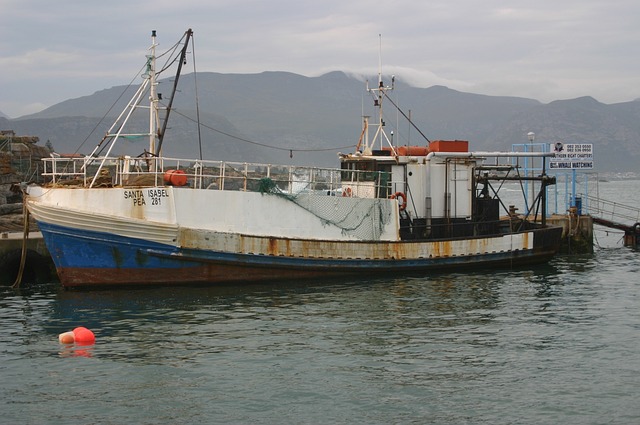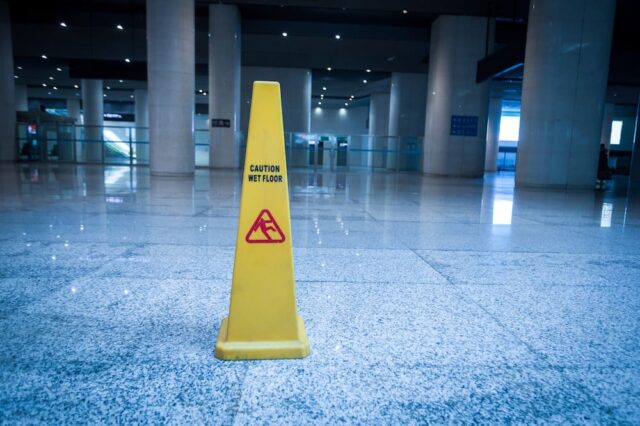If you’ve been injured while working on a maritime vessel, you may have heard of the Jones Act. But what exactly is the Jones Act, and how can it help you? Please continue reading and reach out to a seasoned Snohomish County maritime injury lawyer from Amy C Brown Law, PLLC to learn more about the Jones Act and how it may apply to your case.
Important Information About the Jones Act
The Jones Act, formally known as the Merchant Marine Act of 1920, is a pivotal piece of legislation designed to protect the rights and interests of seamen who work on maritime vessels in the United States, including those in Snohomish County, Washington. This law is named after Senator Wesley L. Jones, who sponsored the bill and played a crucial role in its enactment.
Under the Jones Act, seamen are granted specific legal rights and protections that differ from those of land-based workers. This is due to the unique and often hazardous nature of maritime work. To qualify for these protections, an individual must meet specific criteria.
First and foremost, you must be considered a “seaman” to be eligible for Jones Act benefits. Being a seaman means that your job duties must be directly related to the vessel’s function or mission. Whether you work as a deckhand, a captain, an engineer, a fisherman, or any other maritime position, you may qualify as long as you spend a significant portion of your working hours on a vessel or fleet of vessels.
The Act also extends its protections to individuals working on various types of vessels, including cargo ships, fishing boats, tugboats, offshore drilling rigs, and even cruise ships, provided that these vessels are considered “navigable.” This broad definition encompasses a wide range of maritime occupations and ensures that those working on or near the water have access to legal remedies if they are injured or become ill due to the negligence of their employers or fellow crew members.
Under the Jones Act, injured seamen have the right to seek compensation for their injuries and related expenses. This compensation may include medical expenses, rehabilitation costs, lost wages, pain and suffering, and other damages resulting from their injuries. Unlike traditional workers’ compensation laws, the Jones Act allows injured seamen to file lawsuits against their employers if negligence or unseaworthiness of the vessel can be proven.
If you can demonstrate that your injury resulted from unsafe working conditions, inadequate training, or equipment failures, you may be entitled to compensation.
For further questions, or if you believe you may have a valid claim for compensation, please don’t hesitate to contact Amy C Brown Law, PLLC today.




